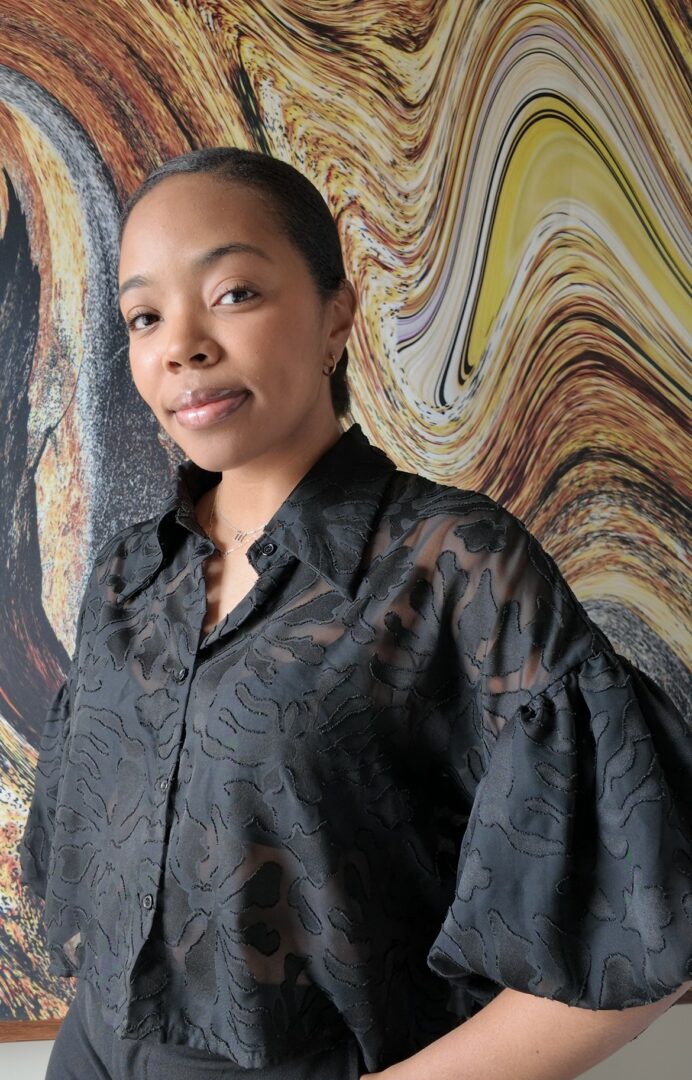We’re excited to introduce you to the always interesting and insightful Lashondra Butler. We hope you’ll enjoy our conversation with LaShondra below.
Hi LaShondra, so excited to talk about all sorts of important topics with you today. The first one we want to jump into is about being the only one in the room – for some that’s being the only person of color or the only non-native English speaker or the only non-MBA, etc Can you talk to us about how you have managed to be successful even when you were the only one in the room that looked like you?
Being the only one in the room who looks like me has taught me to draw strength from my roots, focus on my purpose, and use my presence to create change. My parents instilled in me an unwavering belief that I am qualified and that I belong in any space I choose to occupy. They ensured I grew up in environments where I was loved, valued, and nurtured, and I carry that foundation with me into every room.
When faced with challenges or moments of doubt, I ground myself in affirmations. I remind myself daily: You belong. You are qualified. Your presence paves the way for others to follow. These simple yet powerful reminders, whether on sticky notes or morning alarms, help me stay focused and confident.
I’ve also learned to view my role as a trailblazer as part of a larger mission. Many Black women before me were “firsts,” and I honor their sacrifices by embracing the opportunities I have, no matter how difficult they may seem. I keep in mind that the mission—to open doors for those who will come after me—is greater than any feelings of rejection or isolation I may experience.
Lastly, I approach every space with curiosity and purpose. I ask myself: Why does this space lack diversity? Is it a space that can grow and evolve? And if not, is it worth my time and mental health? This reflective process ensures I invest my energy in places that are aligned with my values and where my presence can have the greatest impact.
Being effective in these spaces requires resilience, intentionality, and an understanding that while I may be the first or the only, I certainly won’t be the last.
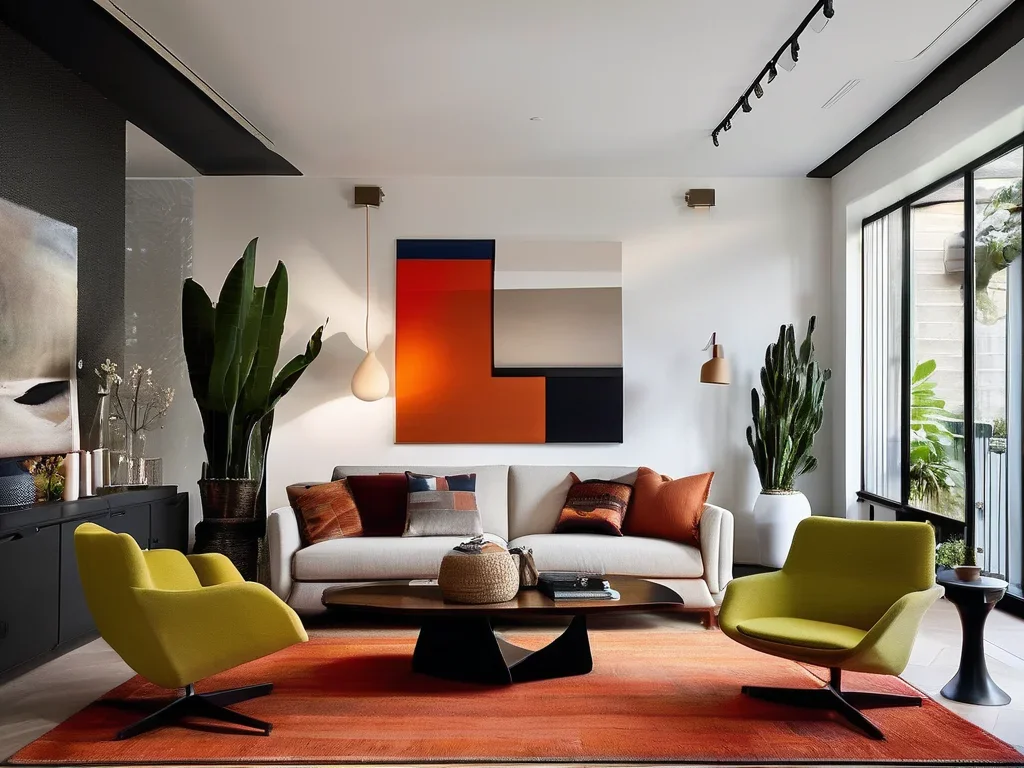
Appreciate the insights and wisdom. Before we dig deeper and ask you about the skills that matter and more, maybe you can tell our readers about yourself?
At Butlerfly Interiors, we specialize in designing spaces that inspire, heal, and empower. Our mission is rooted in the belief that thoughtfully designed spaces have the power to enhance mental well-being, foster creativity, and bring people together. As an Interior Designer and aspiring Interior Architect, I focus on creating sustainable, affordable, and aesthetically pleasing environments, particularly in urban settings.
What excites me most about what we do is the ability to transform not just spaces but also lives. Every project is an opportunity to blend form and function while ensuring that each design reflects the unique personality and needs of those who inhabit the space. For me, it’s not just about aesthetics—it’s about creating environments where people can thrive.
What makes Butlerfly Interiors special is our commitment to inclusivity and representation. As a Black woman navigating traditionally underrepresented fields, I’m passionate about being a voice for diversity in design and architecture. My journey from Industrial and Systems Engineering to Interior Design has given me a unique perspective on how to merge practicality with creativity, ensuring every project is both beautiful and efficient.
As for what’s new, Butlerfly Interiors is expanding its services to include sustainable design consultations and workshops aimed at teaching individuals how to create harmonious spaces that align with their mental health goals. We’re also in the very early stages of launching a series of community-focused projects that aim to bring affordable design solutions to underserved urban areas.
Through our work, we hope to inspire others to see design as a tool for empowerment and change. Whether it’s a cozy living room makeover, a commercial project, or a larger urban development initiative, Butlerfly Interiors is committed to making every space a reflection of possibility and purpose.

Looking back, what do you think were the three qualities, skills, or areas of knowledge that were most impactful in your journey? What advice do you have for folks who are early in their journey in terms of how they can best develop or improve on these?
Trust God and Keep Going.
In the very early stages of my career pivot, I found myself unable to reach out to any confidants for advice that might influence my decision-making. I was alone—alone with my thoughts, my faith, and what would ultimately be God’s plan for me. That period was pivotal because it taught me to trust both God and myself in the decisions I made. This trust became a skill, a muscle I would use repeatedly throughout my journey.
Another piece of advice is to fully embrace the adjustment. The price you pay for your new life is your old one. Start by making two lists: one for the things you will be letting go of and another for what you’ll be gaining. This exercise helps you reframe your idea of success. For me, success shifted from income and the pride of announcing my previous job title to embracing my new reality, where my “hobby” had transformed into a full-time career.
I reminded myself constantly that this was God’s plan for my life, so other people’s opinions didn’t matter. I also began measuring success differently—through the currency of learning, connecting with others, and exploring new opportunities. There’s always somewhere new to go, someone new to meet, and something valuable to learn. Trust that the money will follow in time. Keep going.
Lastly, refine your skills where needed. Identify the aspects of your work or business that you dislike or that give you the “ick,” and begin designing a plan to eventually delegate those tasks. This approach helps you envision and create the team you’ll need in the future. Remember, you are the CEO of your life and your business. That means thinking about every facet, even if it feels overwhelming at times. Write everything down, set realistic goals, and ask God to order your steps as you work toward them.
You’ve got this!
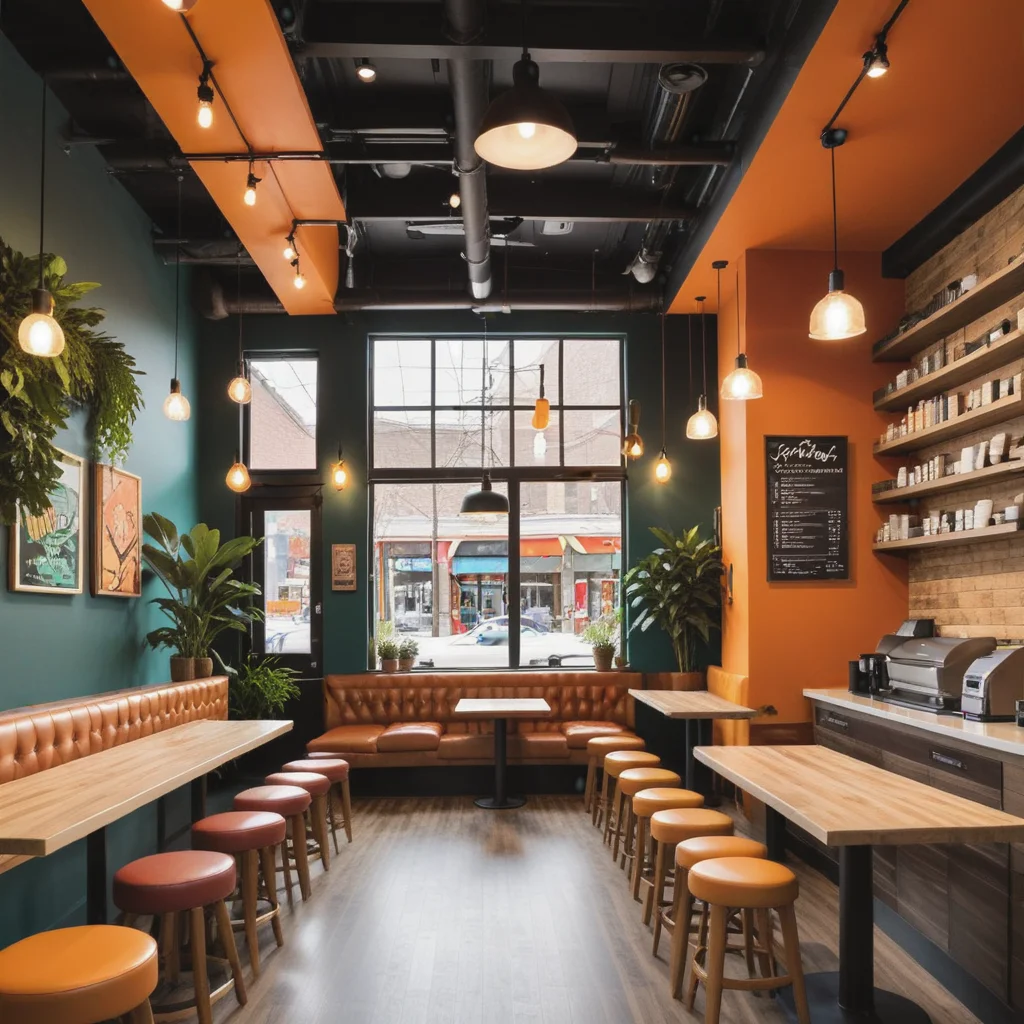
As we end our chat, is there a book you can leave people with that’s been meaningful to you and your development?
Just Action: How to Challenge Segregation Enacted Under the Color of Law profoundly reshaped my perspective on the power of design as a tool to uplift neighborhoods and communities. Written as a follow-up to Richard Rothstein’s The Color of Law, this book delves into actionable strategies to dismantle the systemic segregation ingrained in American neighborhoods through discriminatory policies.
Key takeaways from Just Action include the importance of community-driven solutions, policy advocacy, and collaborative efforts to address inequities in housing and urban development. It highlights how intentional design, paired with informed activism, can be a catalyst for creating equitable, inclusive spaces that empower residents.
This book inspired me to rethink how my work in design could not only beautify spaces but also serve as a means to address historical inequities and create sustainable, positive change for marginalized communities. It reaffirmed my belief that design is more than aesthetics—it is a powerful tool for social transformation.
Contact Info:
- Website: https://butlerflyinteriors.com
- Instagram: https://www.instagram.com/butlerflyinterior/
- Linkedin: https://www.linkedin.com/in/lashondra-butler/
- Youtube: https://www.youtube.com/@ButlerflyInteriors
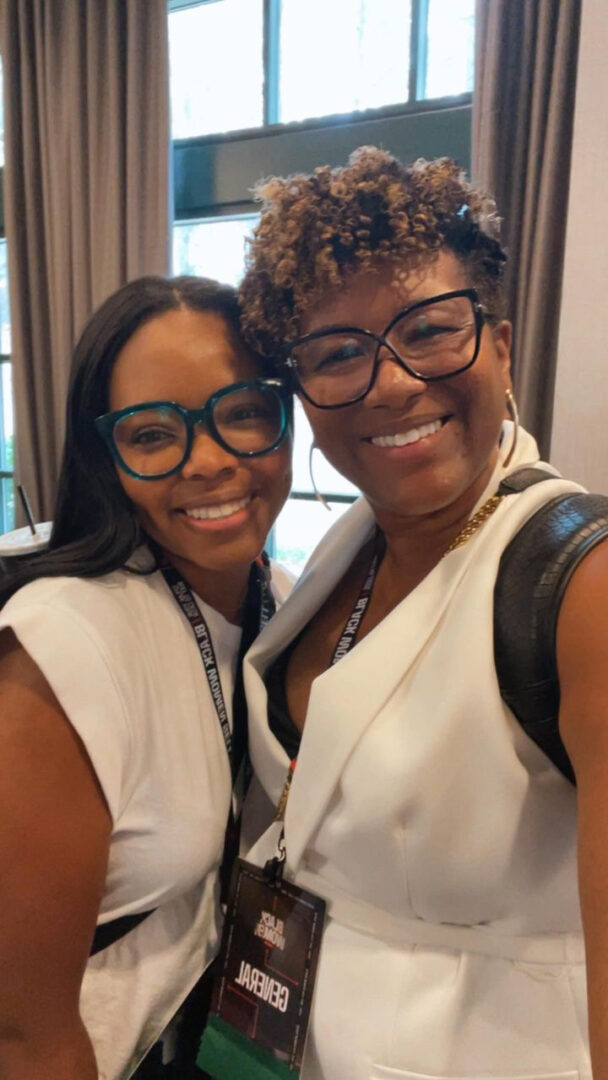

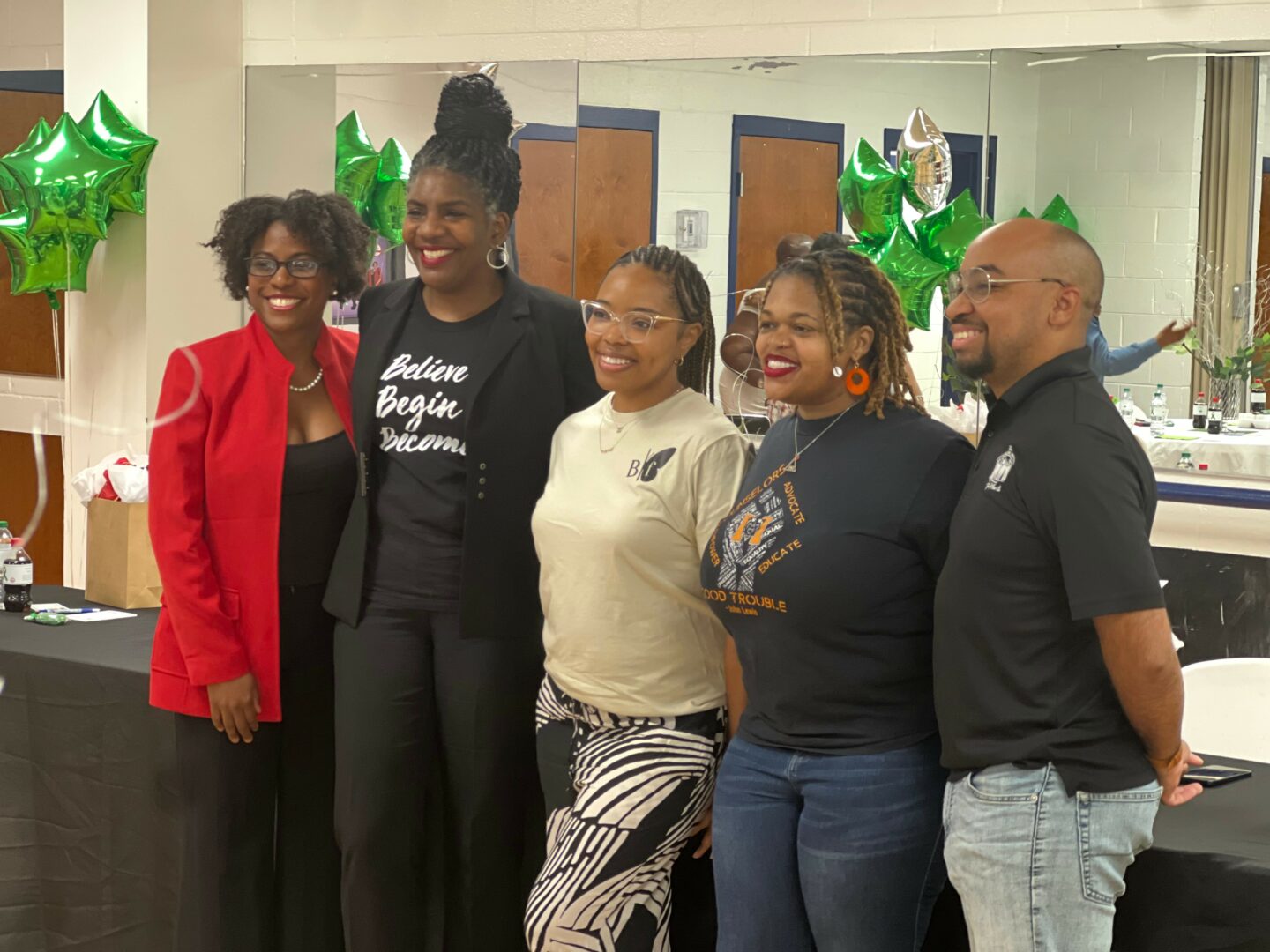
Image Credits
N/a
so if you or someone you know deserves recognition please let us know here.

